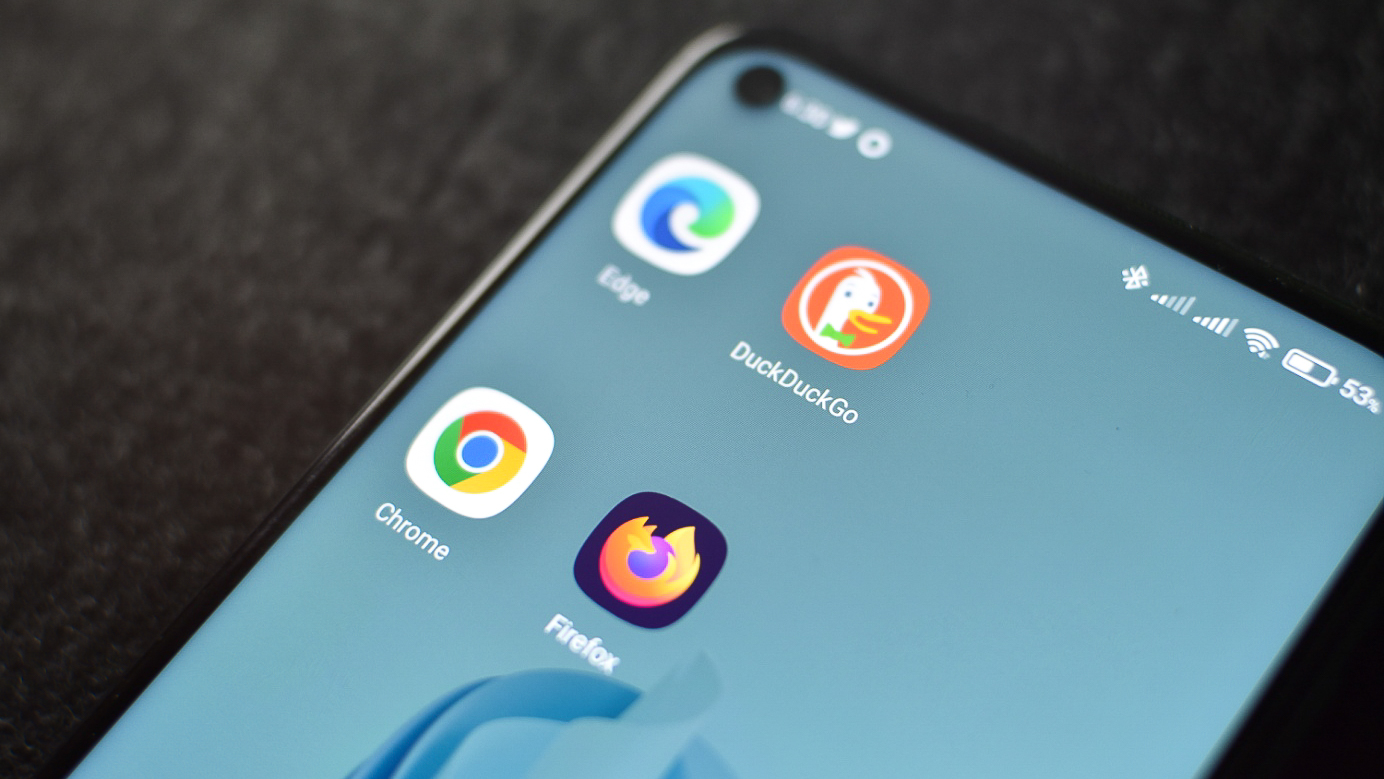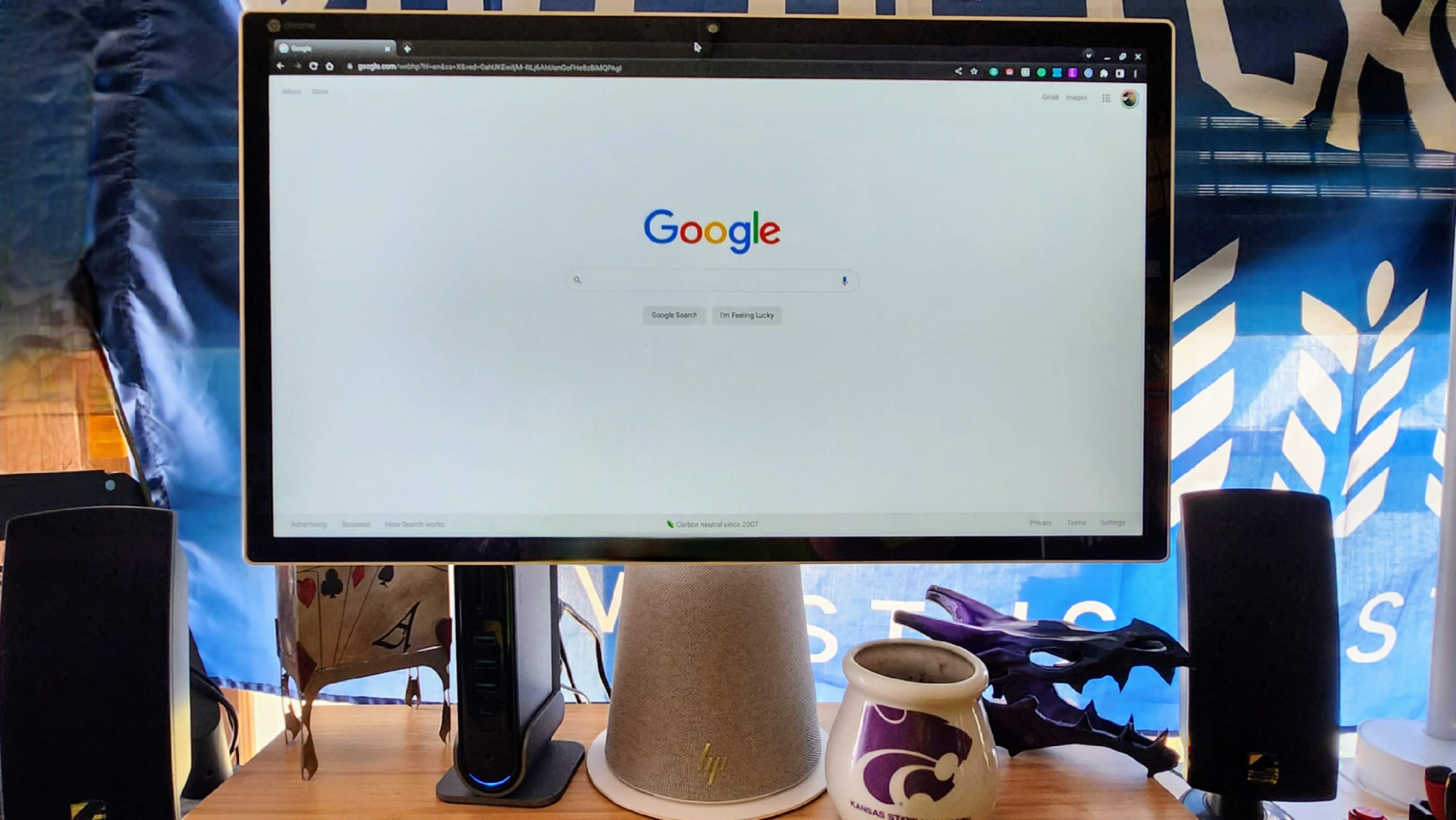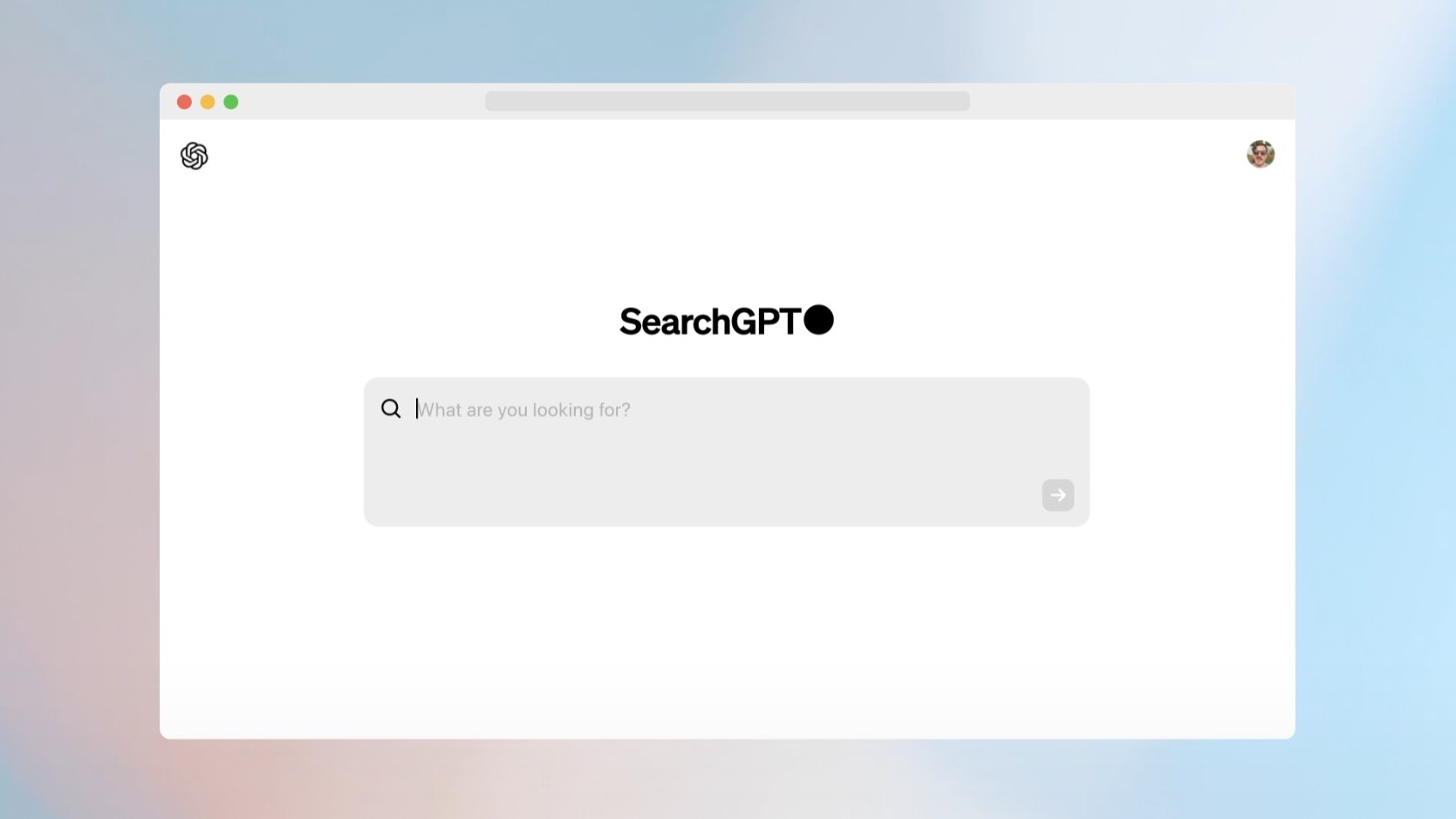Why the future of Chrome is at stake and who should own it
Probably not Google, either.


One of the web's longest-running tech columns, Android & Chill is your Saturday discussion of Android, Google, and all things tech.
The U.S. Department of Justice still wants to force Google to sell Chrome. The judge has yet to make a final ruling, but indications are that this isn't the way it will go. We'll have to wait until all the dust settles for the whole answer.
There are good reasons why we shouldn't want to see Chrome just sold off to the highest bidder. First, who has the capability to maintain it the way it needs and isn't just as bad at Google when it comes to alleged market share abuse? (Hint: nobody.)
I still believe that without Google, Chrome and Android will die. The only reason to invest the time and money into keeping a project like Chrome alive is to make even more money.
We're talking a massive investment. There are thousands of people actively working on "Chrome" in some capacity. Those paychecks — as well as research and development costs, testing, and numerous smaller ancillary expenses — all add up to the millions. You and I can't afford to buy Chrome, but even if we could, we would never be able to afford keeping it alive.
Everyone wants a slice of this pie

We've heard about potential buyers from Perplexity to Yahoo to Search.com. But really, every tech company would love to be the one that controls Chrome, because it holds about 60% of the web browser market. That means six of every 10 people use the Chrome browser.
Technically, there are several companies that would be great stewards of Chrome. Oracle, Nvidia, ARM, etc., all would be able to devote the resources needed to keep things moving forward.
Unfortunately, none of these companies or those that have expressed interest should ever be in charge. Neither should Google, for the very same reasons.
Get the latest news from Android Central, your trusted companion in the world of Android
Why this matters

The internet is a mess of websites about anything you can imagine, from online shopping, business listings, social media, and things that aren't safe to talk about. One thing that keeps it usable is Search. Indexing everything the internet has to offer and delivering it in an easy-to-digest way is something everyone depends on.
That's where a web browser becomes a powerful and profitable tool. You can open your browser and go to www.google.com or www.bing.com and search for something, and it works just fine. Or you can type whatever you're looking for into the address bar of your web browser and get the same results.
Maybe the same results. Your web browser uses a default search engine like Google when you use it this way. Do you see the issue here?
If I control what search engine users get by default (like Google does with Chrome or Microsoft does with Edge), I now have an advantage. If I'm also a search company (again, like Google), it's a huge and probably unfair advantage.

It wouldn't be if there were no manipulation of the results. Ideally, you should be able to do a search on any engine and get the same results in the same order, no matter what engine you use. They all crawl and index the same pages and gather the same information, so the results are what they are unless you get creative.
Search websites are very creative. Ads, shopping links, AI summaries, and keyword weighting make all the difference and are why the same search on Google and Bing gives different results in a different layout.
Of course, the search company gets paid for these types of links. A lot. Their customers expect a good return on the investment, so all kinds of analytics are collected and used to make sure you see the right ads and shopping links in the right places at the right time.
You know what? That's fine. It drives innovation, which means a better experience for everyone, and the company that does it the best deserves its place in the market.
The world doesn't work that way, though. A company with the means to manipulate 60% of web search traffic is going to leverage that into money. If you control the browser and the search engine, you're ****ing in high cotton. You can point users towards anything you want. You can't make them click, but you can make sure they can if they want to.
Just leave it to Google

No company that has any stake in a search engine has any business controlling Chrome. I've said it out loud. Not because I don't want Google or OpenAI to make money, but because there will be abuse of that market share. It's human nature.
The same goes for any company with the financial means to make "special" deals with a search engine. When Amazon pays for 100 ads to be shown, it should be treated the same as Bob's Pet Store when it pays for 100 ads. Bob doesn't have the same means as Amazon, so you're probably going to see links to buy your fish food from the retail giant and not Bob.
Just because the problem is obvious doesn't mean the solution is. Every company has an agenda, and the potential to abuse a product with that much leverage. They can tell you they're the good guys, but they'll still try sneaky ways to make a dollar. It's their duty to do it because shareholders demand it.
Whoever buys Chrome (if Google is even forced to sell it off) won't build some sort of quasi-socialist "for the people" web browser with it. It will be business as usual. I don't have a clue how this should be handled, but I know for certain that most of the company's interested in it have no business with control of Chrome.
We might as well leave it in Google's hands if we're going to give it to any of the companies that can afford it.

Jerry is an amateur woodworker and struggling shade tree mechanic. There's nothing he can't take apart, but many things he can't reassemble. You'll find him writing and speaking his loud opinion on Android Central and occasionally on Threads.
You must confirm your public display name before commenting
Please logout and then login again, you will then be prompted to enter your display name.
